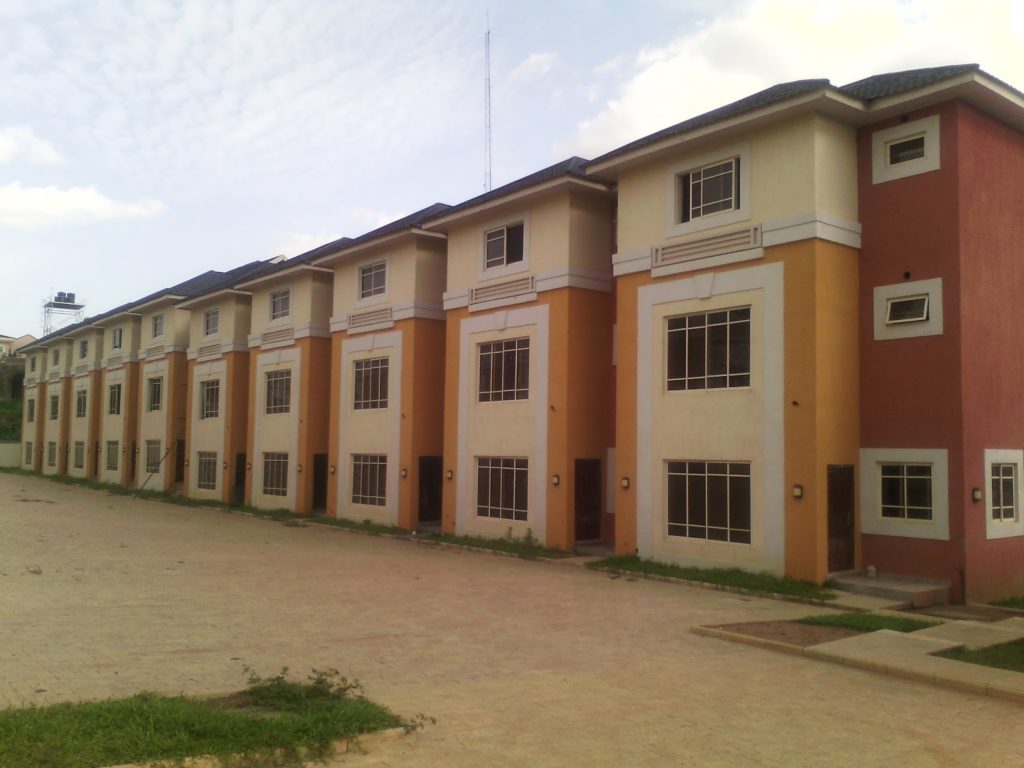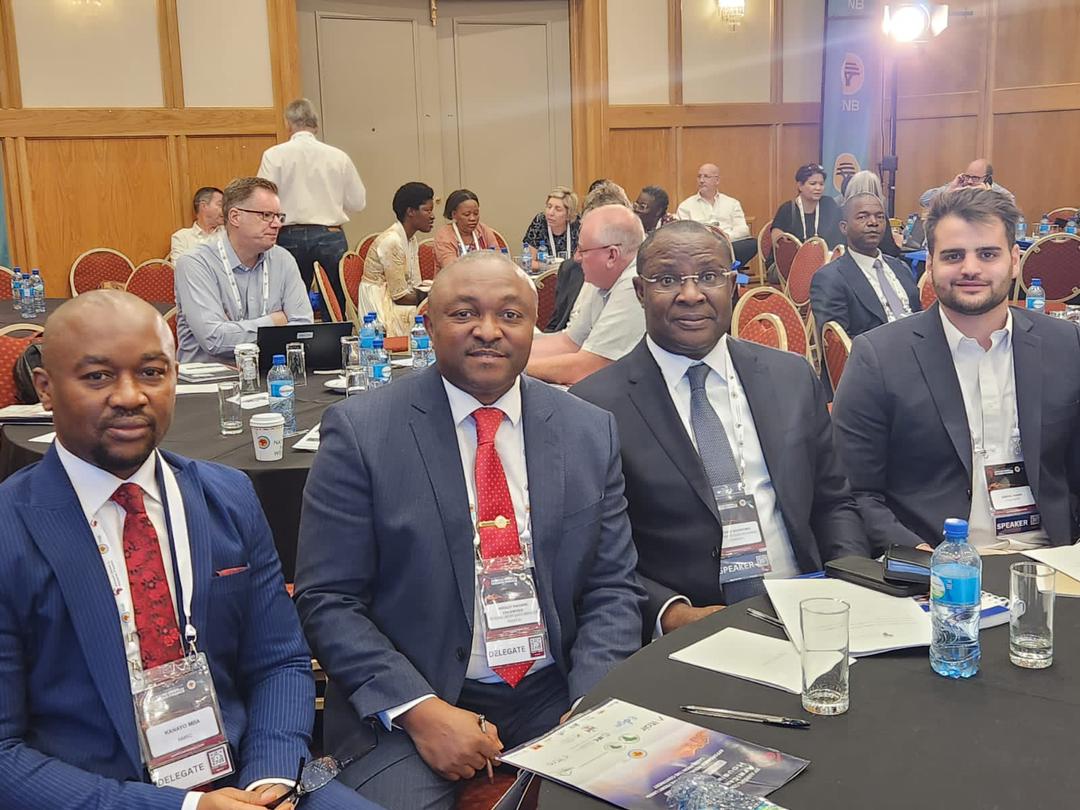When the Nigerian Mortgage Refinance Company (NMRC) was launched early 2014 by the federal government, it raised a lot of expectations among the low income home seeking Nigerians with its promise of increasing liquidity in the mortgage system.
The company which was government’s emergency response to the highly challenged mortgage sub-sector, also raised hope of dragging down interest rate on mortgage loans to high single digit or low spread double digit, increasing housing delivery—about 720,000 units per annum, making housing affordable for home seekers in the country, etc.
The vision of the company, according to its promoters, is to be the dominant housing partner in Nigeria, by providing liquidity and access to affordable housing finance. Though it has not lived up to its promises at inception, it has been quite upbeat with creating liquidity in the system through its refinancing function. Additionally, the company has been promoting affordable housing through partnerships and innovative initiatives aimed to improve mortgage market transactions and also fast-track affordable housing delivery.
These moves are informed by its belief that the inequality created by lack of affordable housing in Nigeria places a moral obligation on all housing stakeholders to use every tool at their disposal to find solutions to providing access to sustainable affordable housing finance.
The company regards itself as a private sector-driven company with the public purpose of developing the primary and secondary mortgage markets by raising long‐term funds from the domestic capital market as well as foreign markets for providing accessible and affordable housing in Nigeria.
“Our mission is to break down barriers to home ownership by providing liquidity, affordability, accessibility and stability to the housing market in Nigeria”, revealed Charles Inyangete, the company’s MD/CEO, who spoke at a real estate forum in Lagos.
In line with this mission, the company a couple of years ago, raised N8 billion from the capital market with which it refinanced mortgages originated by primary mortgage lenders. The benefiting mortgage institutions include Stanbic IBTC which got N1.8 billion and Imperial Homes, N1.7 billion.
Other beneficiaries include Sterling Bank, N1.6 billion; Sun Trust Mortgage Bank, N1.3 billion; Trustbond Mortgage Bank, N700 million; and Homebase Mortgage Bank which got N500 million.
Convinced that these funds would ultimately get to affordable home seekers who would like to buy houses through mortgage, the refinance company has come up with what it calls ‘Housing/Mortgage Market Information Portal (MMIP)’which it says is aimed to enable it to gather data for intelligence and profiling of federal, states civil servants and informal sectors (off-takers) for affordable housing.
“This is an effective policy and decision making tool on land allocation, infrastructure and concessions; it enables decision on creating polycentric cities in order to decongest major urban centres”, Inyangete disclosed, adding that pilot implementation of the initiative was already taking place in six cities including Abuja, Lagos, Kano, Bauchi, Enugu, Port Harcourt.
Another initiative the company has come up with is the Mortgage Market System (MMS) which is a transformational change that integrates the entire housing market, covering construction finance, primary and secondary mortgage. The system which is available to all players in the housing industry has the benefit of removing duplications of effort in gathering data and documents; improving the turnaround time, reducing the cycle time of transactions and helping in making homes more affordable.
Though analysts are skeptical about the feasibility of some of these initiatives, given that the challenges in the economy, the CEO hopes that the use of the system for federal and state governments mortgage asset registry will reduce cost of homeownership; eliminate breaks in the chain of title; improve hard naira savings on each loan for homeowners and lenders, and reveal identity of servicer and investor available to homeowners via phone or internet.
He sees the MMS as a great milestone in the country’s mortgage and housing market, saying “what we have is a national market system that is not only about mortgage but also the entire housing finance and so the new system allows us to see the pipeline projects and know who is bringing what to the market, and as refinancers, it also allows us to time and determine when to go to the market to raise bonds”.
Source: CHUKA UROKO























